About ISEA
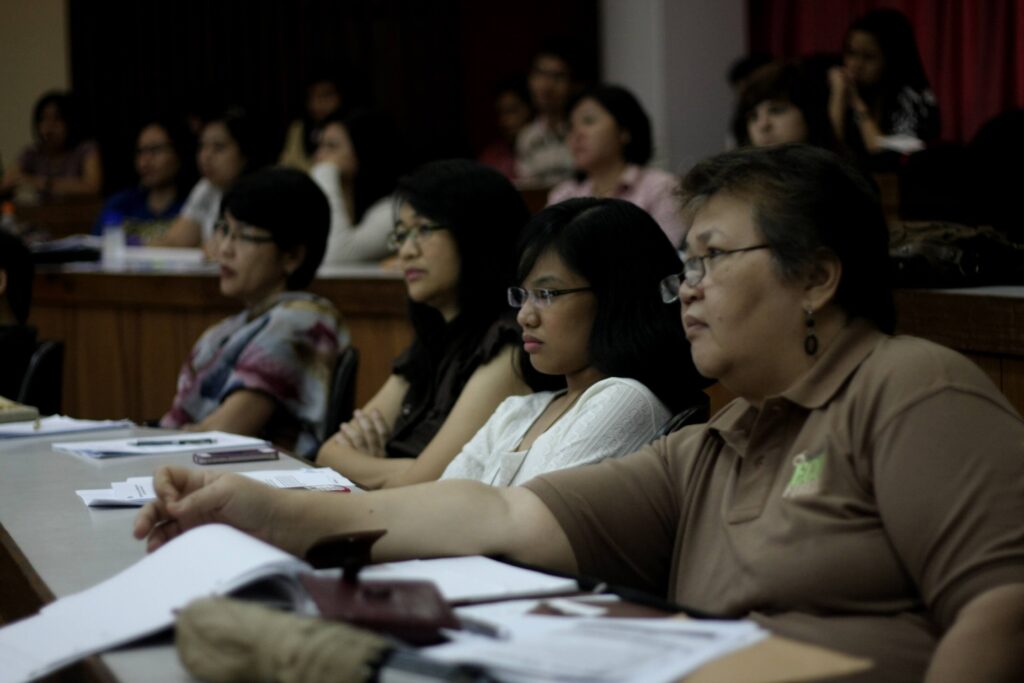
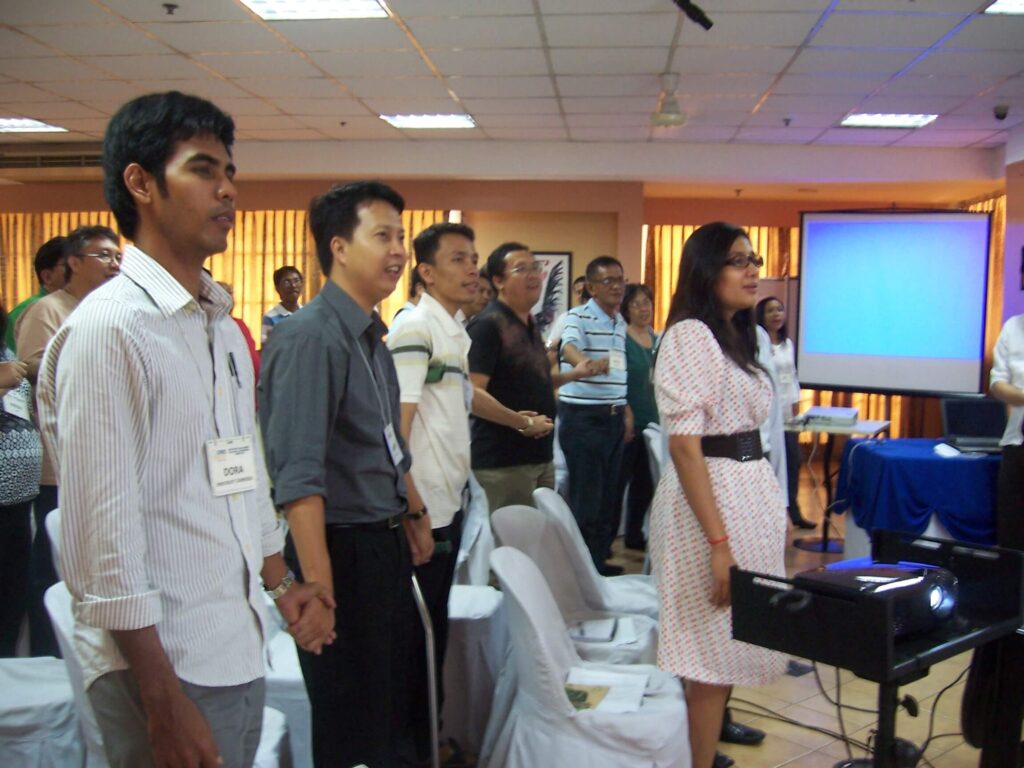
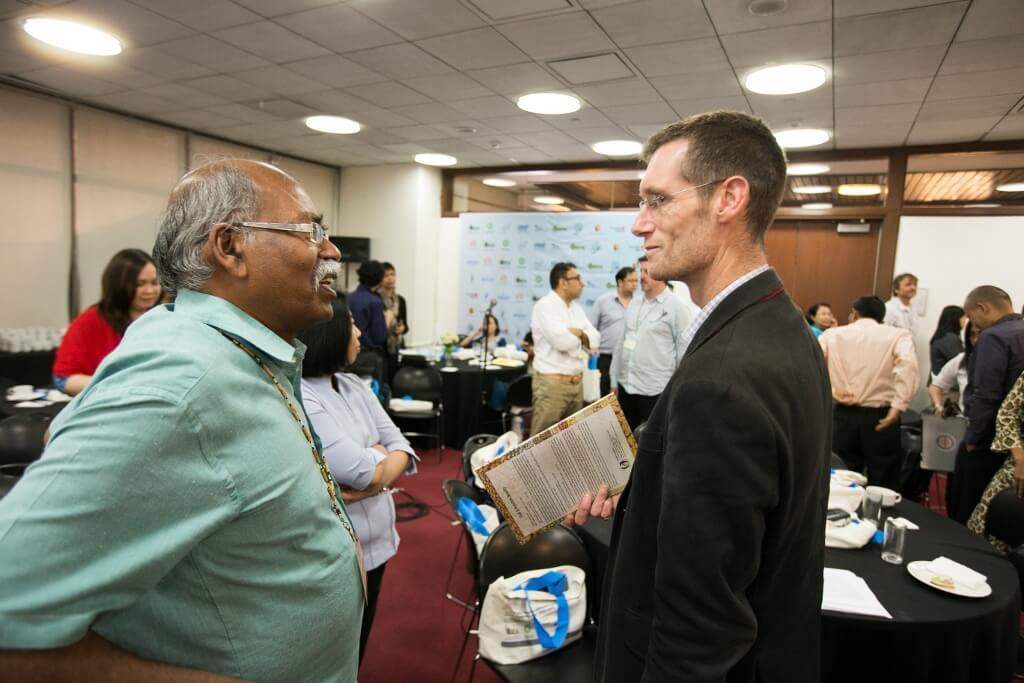
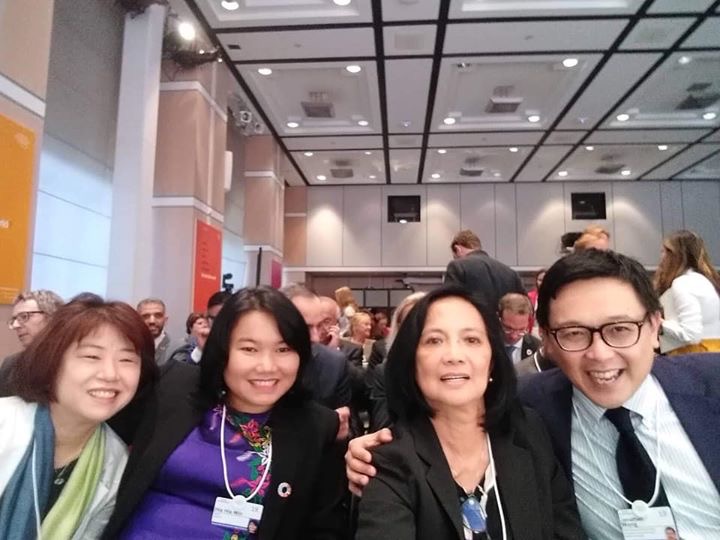
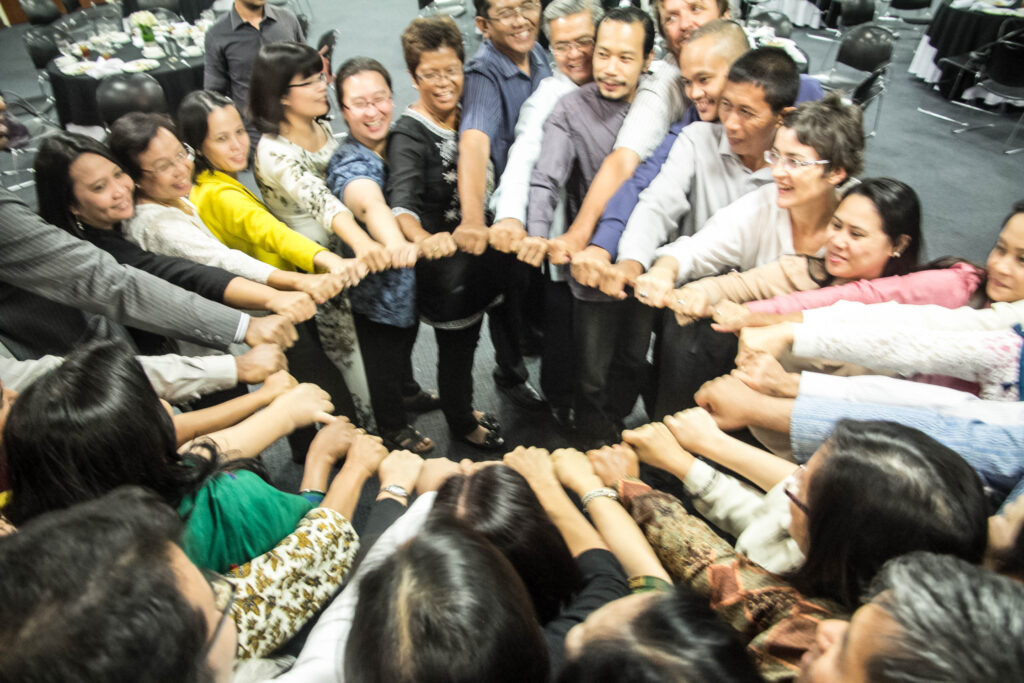
The Institute for Social Entrepreneurship in Asia (ISEA) is a learning and action network set up by social enterprises and social enterprise resource institutions and scholars to catalyze knowledge creation, capacity development and movement-building for social entrepreneurship in the region.
Over the past decades, a growing number of civil society organizations (CSOs) have recognized the importance of engagements in the market as a critical area of development work. A major push factor for this phenomenon is the concern of CSOs for sustainability, a concern that has many dimensions.
- Their own capacity to continue their development initiatives as their traditional sources of funds—in the form of grants from public and private sources, both local and foreign—have become scarce.
- Concern for the sustainability of project impacts or the need for sustaining mechanisms for services beyond finite project time frames.
- The realization of development organizations of the importance of socio-economic interventions and the economic empowerment of the poor in building sustainable communities.
These have resulted to the flowering of wealth-creating organizations with a development purpose, or what are now called social enterprises. They include fair trade organizations, microfinance institutions, banks, cooperatives and its variations, intermediary and community-based enterprises serving farming, fishing and indigenous communities, and small and medium enterprises that have embraced a social mission in their core business.
The phenomenon of social enterprises in Asia is also being fueled by other trends in the region’s development environment.
- Amidst past economic growth and vibrant consumer societies is a continuing crisis of development, environment and governance. Just consider that 7 out of 10 of humanity’s poor and 24 of the 25 most polluted cities in the world are in Asia. Social entrepreneurship is providing a glimmer of hope in the search for innovative and sustainable solutions to these problems.
- As many states are crippled with failed development strategies and corruption, and as corporate social responsibility in the private sector has not advanced much beyond charity, social entrepreneurship has further gained prominence as a way forward against poverty.
- Further encouraging social enterprises is the rise of a new breed of philanthropists who are looking for social investments, rather than just charities to fund.
While market engagements have flowered, the resulting social enterprise initiatives have yielded mixed results.
- While a few success stories could be told, there are a number of not-so-successful and many failure stories.
- Some of the successful stories are facing major dilemmas and problems in the process of growing or scaling up impact.
- There have also been those that succeeded as businesses but fell short or strayed from their social mission.
- Meanwhile, many civil society actors who have realized the need for social enterprise development are faced with difficulties as they neither have the confidence nor the competencies to carry on what they have realized is an important but neglected area of development work.
These have prompted the development of support institutions and programs that give specific attention to the needs of these actors. But on the whole, there is consensus on the need for a sustained knowledge creation and capacity development initiative that would harness the intellectual, human and social capital of what is currently a fragmented social enterprise sector in the region.
ISEA shall catalyze building a learning network dedicated to serving the various segments of development actors that are already operating or are wanting to enter the market as an arena. The institute aims to catalyze building a critical mass of change agents capable of setting up, growing and mainstreaming social enterprises, and transforming the markets of Asia into arenas for poverty reduction and sustainable development. ISEA also seeks to catalyze the interface of this new breed of change agents with other important actors in this transformation process:
- Corporate citizens, entrepreneurs and companies willing to support and develop innovative business models with social entrepreneurs
- State officials and institutions including local government units interested in developing a policy and political environment conducive to social entrepreneurship
- Academic institutions interested in developing social entrepreneurship as a career option and as a distinct field in management education
- Media organizations willing to partake of the mission to educate the public about social entrepreneurship
